Search
Search Results

Definition
Germ Theory
The germ theory, which emerged in the late 19th century, demonstrated that microscopic germs caused most human infectious diseases. The germs involved included bacteria, viruses, fungi, protozoa, and prions. Louis Pasteur (1822-1895), a French...
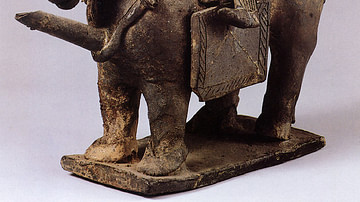
Article
The Horse-rider Theory in Ancient Japan
The 'horse-rider theory' is a controversial proposal that Japan was conquered around the 4th or 5th century CE by a culture from northern Asia to whom the horse was especially important. Although archaeological evidence and genetics point...
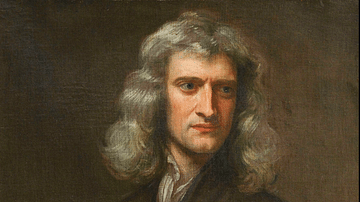
Definition
Isaac Newton
Isaac Newton (1642-1727) was an English mathematician and physicist widely regarded as the single most important figure in the Scientific Revolution for his three laws of motion and universal law of gravity. Newton's laws became a fundamental...
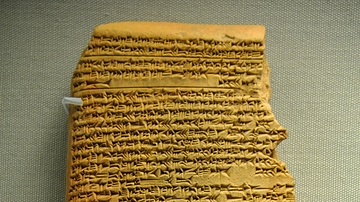
Image
The Theory of Omens
On this clay tablet, the author has listed the titles of cuneiform omen collections drawn from celestial and terrestrial phenomena. Rather unusually, he explains that the validity of an individual omen depends on the particular month and...
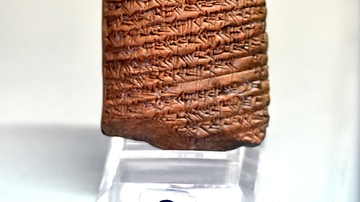
Image
Geometric-Algebraic Theory Clay Tablet from Tell al-Dhabba'i
This clay tablet narrates a geometric-algebraic theory of how to make a solution for a mathematical problem. The conclusion applies a theory very similar to the Pythagorean theorem. From Tell Tell al-Dhabba'i, Iraq. Old-Babylonian period...
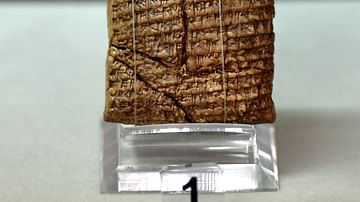
Image
Geometric-Algebraic Theory Clay Tablet from Tell Harmal
This clay tablet narrates a geometric-algebraic theory of angles and triangles, similar to to the theory of Euclid of Alexandria, the father of geometry (lived c. 300 BCE). From Tell Harmal (ancient Shaduppum), Iraq. Old-Babylonian period...
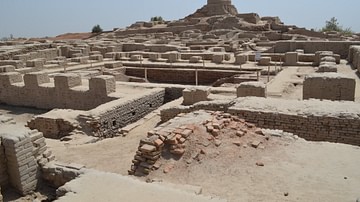
Definition
Indus Valley Civilization
The Indus Valley Civilization was a cultural and political entity which flourished in the northern region of the Indian subcontinent between c. 7000 - c. 600 BCE. Its modern name derives from its location in the valley of the Indus River...

Video
The Political Theory of Thomas Hobbes: The Sovereign and the State
We all live in states today, and Thomas Hobbes has a good claim to have been the first person to articulate this concept in its modern sense. The intention of Hobbes’s civil science was to lower the temperature of politics, and his concept...
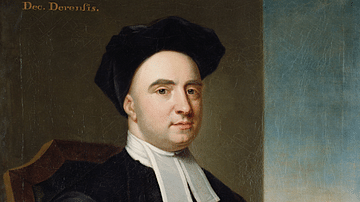
Definition
George Berkeley
George Berkeley (1685-1753) was an Anglo-Irish bishop and an empiricist and idealist philosopher. He infamously claimed that no matter exists outside of God and that things only exist outside of our minds and perceptions because God perceives...

Article
Plato's Greater, Better World in The Last Days of Socrates
The Last Days of Socrates is a modern-day title for the collection of four Socratic dialogues by the Greek philosopher Plato – the Euthyphro, Apology, Crito, and Phaedo – telling the story of the trial, imprisonment, and death of Socrates...